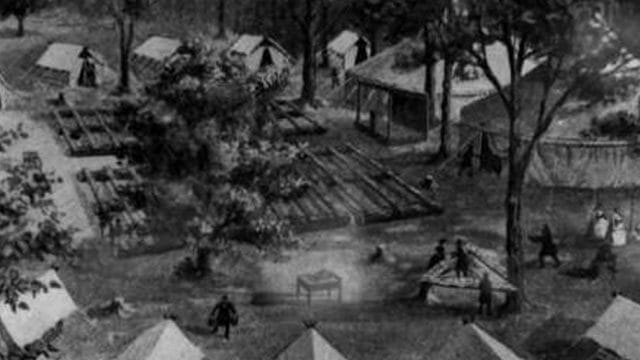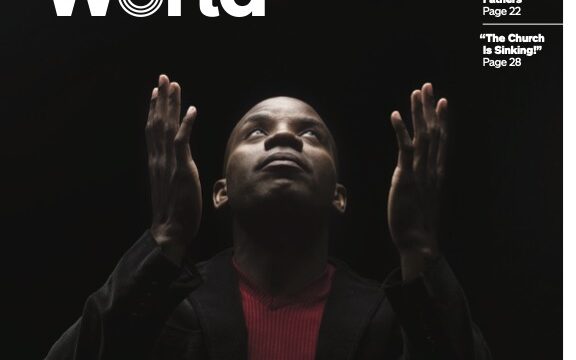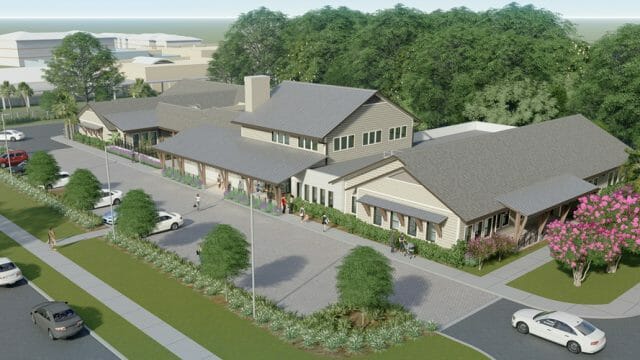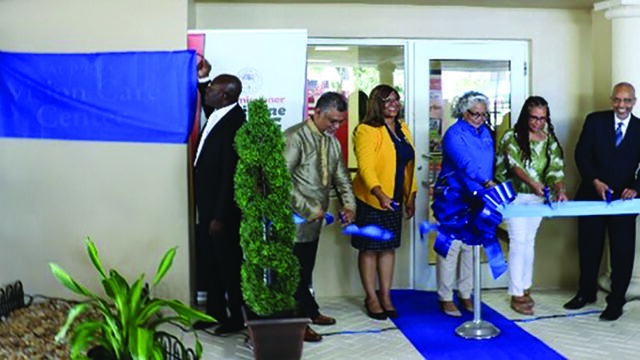The initiative seeks to increase resources available to the Deaf community in the region.

Adventist Media’s production department and Christian Services for the Blind & Hearing Impaired (CSFBHI) in Australia recently joined together to create the first-ever Auslan-interpreted video series for CSFBHI.
Auslan is the Australian sign language, which differs from sign language used in the United States and other countries, making shared resources less accessible.
After being advised that the Deaf community prefers presentations with more visual elements — rather than just a talking head video style — CSFBHI chose the Hope Channel series of Dogtales and Masterstroke for the interpreted videos.
The filming for the eight three-minute episodes took place on February 23, and, according to CSFBHI coordinator Coralie Schofield, “the first edit has received positive feedback.”
A donation from Logan Reserve Seventh-Day Adventist Church in Queensland went toward the production costs. Auslan interpreter Melina Williams was engaged to do the interpreting.
Dogtales is now available on the CSFBHI resources page. “This is an exciting step towards creating more inclusive and accessible content for the deaf and hard-of-hearing community,” Schofield said.
This latest initiative in Australia is part of the work of Adventist Possibility Ministries (APM) based at the General Conference in Maryland, United States, which seeks to empower people with disabilities by focusing on their potential.
About Adventist Possibility Ministries
According to APM resources, this ministry of the Seventh-day Adventist Church is grounded in the belief that the gospel transforms the way we see ourselves, others, and God. “How we perceive personal value while having bodies that are less than perfect is changed when we understand the implications of the gospel message,” it reads. It recognizes “disabilities and loss, but it does not stop there.” Rather, it views these “through the transforming lens of possibilities — what individuals can do and what they can become because of God’s grace.”
APM advocates for the recognition of dignity and respect of every person and helping to make possible the discovery of unrealized abilities despite stigmas associated with a disability or loss. The ministry affirms that “all are gifted, needed, and treasured,” that “people go where they are welcomed but stay where they are valued,” and that “value is inherent through creation and not determined by what a person can or cannot do.”
The ministry also emphasizes that “each person is unique and has a God-given purpose,” and that “included in that purpose is the call to enrich the lives of others which flows out of a sense of gratitude for what they have received.”
APM leaders explained that their ministry is a movement, not a program, and that they believe it is “guided by the Holy Spirit to help us see through the eyes of a loving God the strengths and possibilities” of all. It caters to seven unique people groups, including the deaf, the blind, the physically immobile, those who have mental health challenges, orphans and vulnerable children, those mourning the loss of a spouse, and caregivers.
“We share the confident belief that we can be whole in Christ and called to service regardless of disabilities we may have,” they said.
The original version of this story was posted by Adventist Record.








